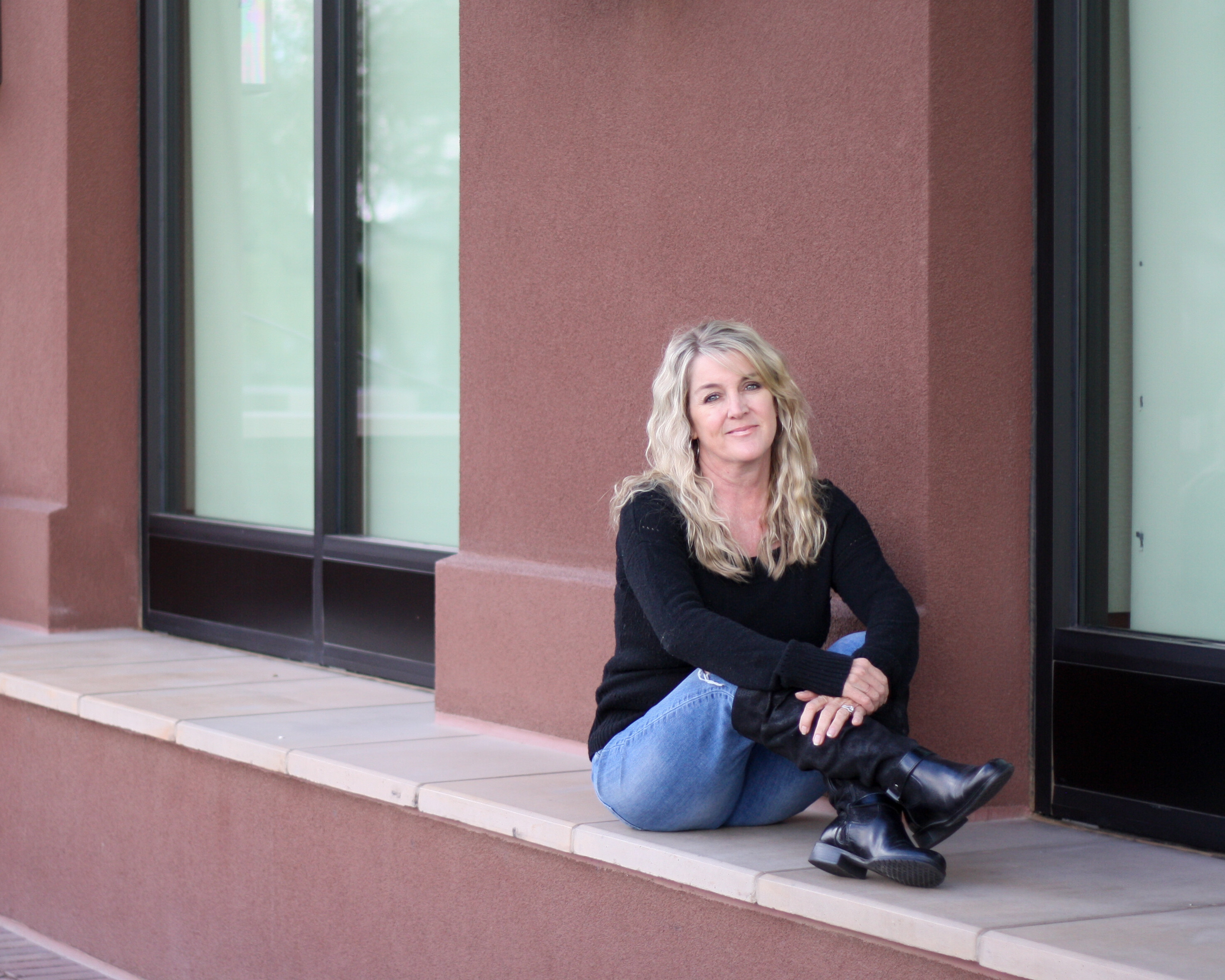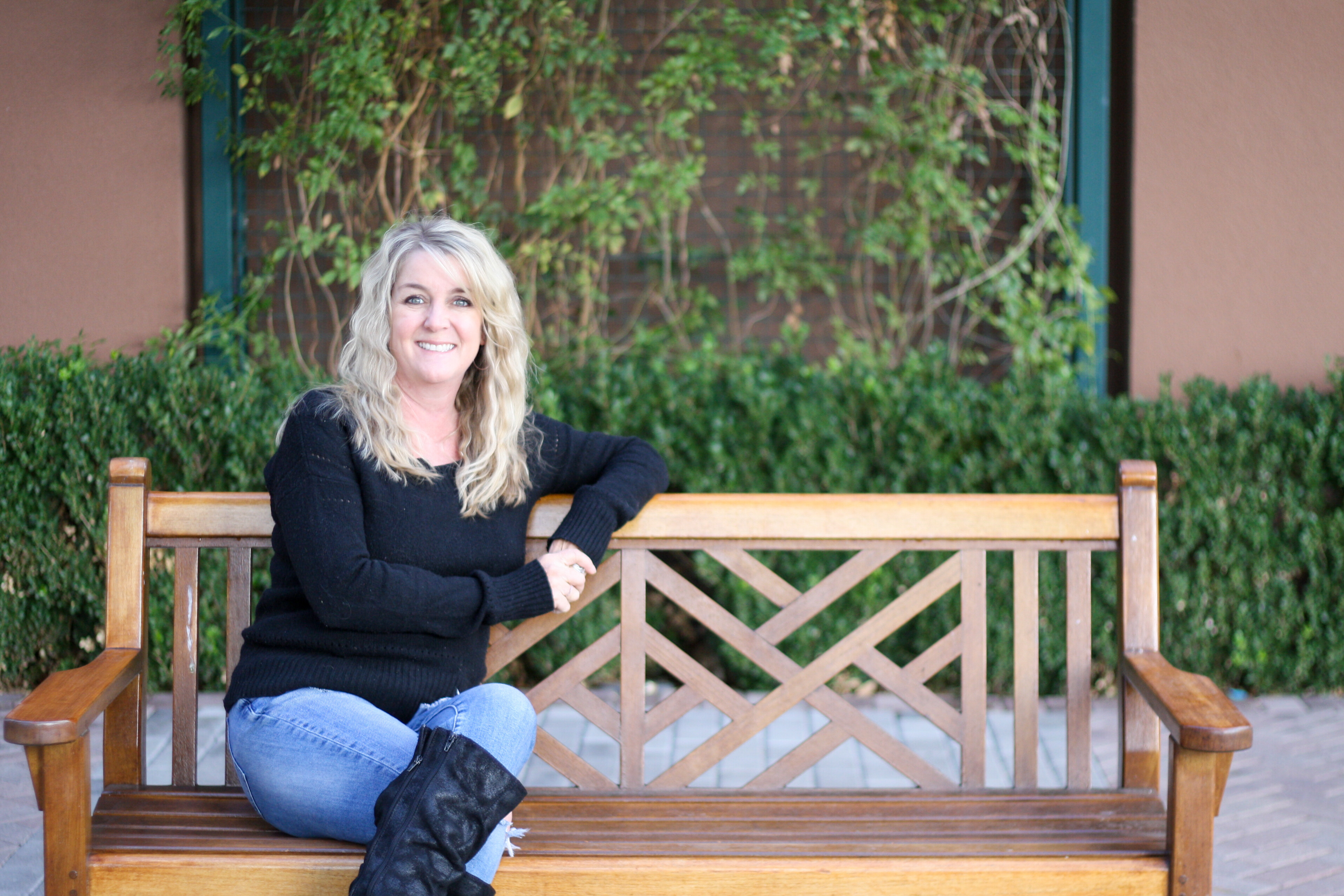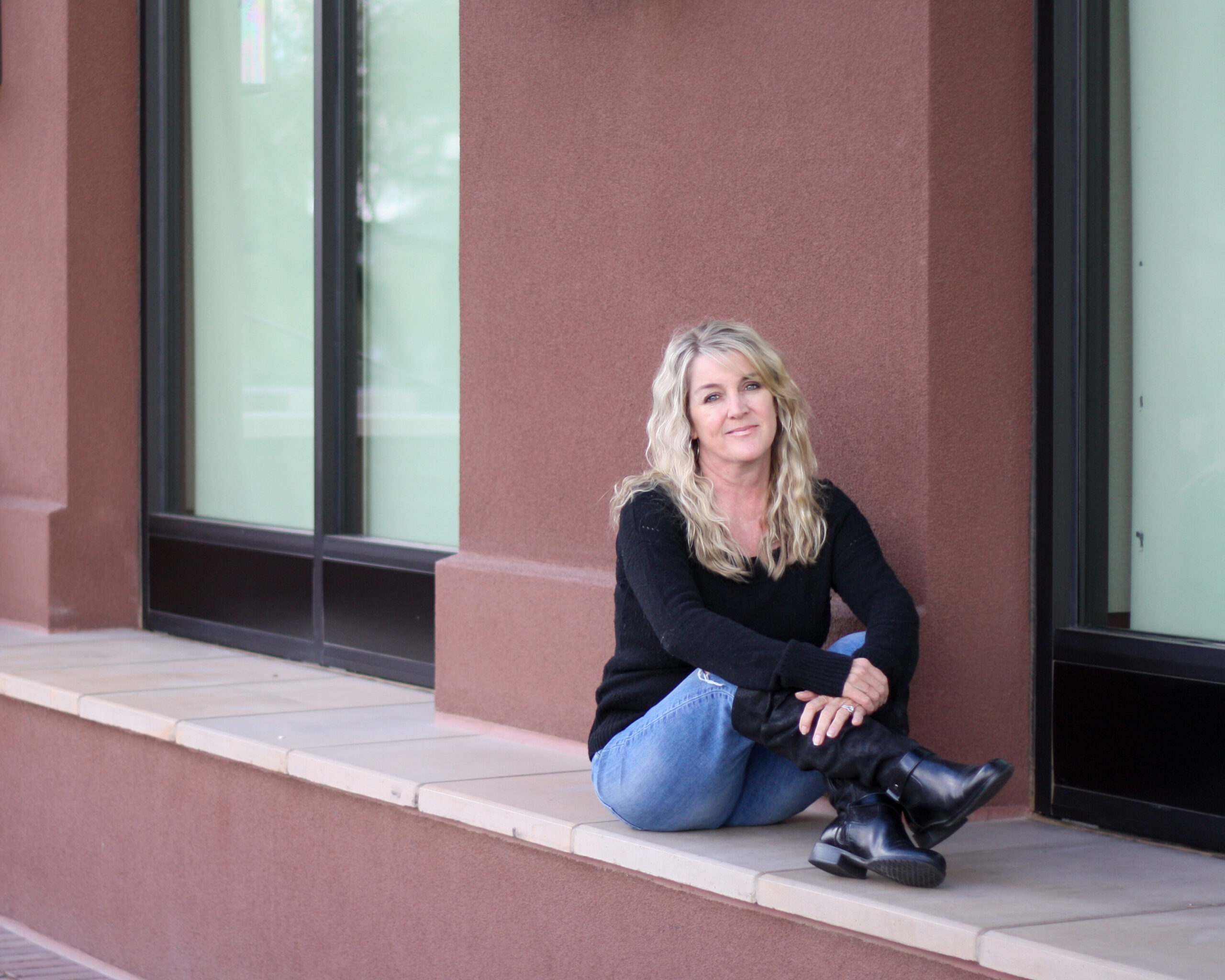The Journey of Codependency Recovery
Codependency is a complex issue that can affect many aspects of our lives, especially our relationships. It is characterized by an unhealthy reliance on others for self-worth and a tendency to prioritize others’ needs above our own. Codependency often stems from past traumas, unresolved emotional issues, or a lack of healthy boundaries.
In order to recover from codependency and transform our relationships, it is essential to focus on ourselves and make self-love a priority. This involves learning to set healthy boundaries, building self-worth, and prioritizing our mental and emotional well-being.
Self-Love: The Key to Transformation
One of the most important aspects of codependency recovery is learning to love ourselves unconditionally. Many codependent individuals struggle with feelings of unworthiness and a lack of self-acceptance. By practicing self-love, we can begin to heal these deep-seated wounds and build a solid foundation of self-worth.
Self-love is not selfish; it is essential for our overall well-being. When we love ourselves, we become better equipped to show up fully in our relationships and make healthier choices. By prioritizing self-love, we can break the cycle of codependency and create more fulfilling and balanced connections with others.
The Power of Boundaries
Setting boundaries is a crucial component of codependency recovery. When we have weak or nonexistent boundaries, we are more susceptible to being taken advantage of and neglecting our own needs. By setting and enforcing healthy boundaries, we can protect our emotional and mental well-being and establish a solid sense of self.
Healthy boundaries involve clearly communicating our needs, desires, and limits to others. It is important to understand that setting boundaries is not about controlling or manipulating others; it is about taking responsibility for our own well-being. By maintaining boundaries, we teach others how to respect us and create a healthier dynamic in our relationships.
Prioritizing Mental and Emotional Health
Codependency often takes a toll on our mental and emotional well-being. It is vital to prioritize our mental health and seek professional help if needed. Therapy, support groups, and self-help resources can provide valuable tools and insights to aid in the recovery process.
Emotional self-care is also crucial for codependency recovery. This may involve practicing mindfulness, engaging in activities that bring us joy, and surrounding ourselves with supportive and nurturing individuals. Taking care of our mental and emotional health allows us to show up as the best version of ourselves in our relationships.
Recovering from Codependency: A Transformational Journey
Recovering from codependency is not a linear process; it is a journey of self-discovery and growth. It requires commitment, self-reflection, and a willingness to face and heal our wounds.
As we embark on this journey, it is important to remember that we are not alone. There are resources and support available to help us along the way. Kristen Brown, Spiritual and Empowerment Author and Mentor, offers guidance and tools for navigating codependency recovery and transforming relationships. Through her books, coaching services, and online resources, she provides valuable insights and strategies for building healthy and fulfilling connections.
Remember, codependency recovery is not just about transforming our relationships with others; it is about transforming ourselves. By prioritizing self-love, setting boundaries, and prioritizing our mental and emotional health, we can reclaim our power, create healthier relationships, and live a more fulfilling life.
What is codependency?
How does codependency affect relationships?
How can I start my codependency recovery journey?
“It’s not people touching our buttons that’s the problem; it’s that we have them to touch.” – Kristen Brown, Spiritual and Empowerment Author and Mentor
For more insights and guidance on codependency recovery and transforming relationships, connect with Kristen Brown, Spiritual and Empowerment Author and Mentor:
- Website: Kristen Brown
- Work With Me: Work With Me
- Soulmate: Soulmate
- My Story: My Story
- Get in Touch: Get in Touch
- My Books: My Books
- Resources: Resources

The Impact of Codependency on Relationships
Codependency is a complex issue that can have a significant impact on relationships. It often involves an unhealthy reliance on others for approval, validation, and a sense of self-worth. Individuals struggling with codependency may prioritize others’ needs and emotions over their own, leading to a lack of boundaries and an imbalance in relationships.
In a codependent relationship, one person may be enmeshed with their partner, feeling responsible for their emotions, actions, and overall well-being. This can lead to a cycle of enabling, rescuing, and sacrificing one’s own needs for the sake of the other person.
The Importance of Cultivating Self-Worth
One of the key aspects of codependency recovery is learning to cultivate self-worth. This involves recognizing and valuing one’s own inherent worth, independent of external validation or the opinions of others.
Cultivating self-worth requires a deep understanding and acceptance of oneself. It involves developing self-compassion, practicing self-care, and embracing one’s strengths and weaknesses. By prioritizing self-worth, individuals can break free from the cycle of seeking validation and approval from others, and instead, find fulfillment from within.
Embracing Boundaries for Healthy Relationships
Boundaries play a crucial role in healthy relationships and codependency recovery. They define the limits of what is acceptable and permissible in a relationship, ensuring that each individual’s needs and emotions are respected and honored.
Setting and maintaining boundaries requires clear communication and assertiveness. It involves expressing one’s needs, wants, and limits while also considering the needs of the other person. Boundaries act as a safeguard, preventing individuals from being taken advantage of or losing their sense of self in a relationship.
Building Healthy Relationships through Codependency Recovery
Codependency recovery is a journey of self-discovery and personal growth. It requires individuals to prioritize their mental and emotional well-being, to develop resilience, and to embrace authentic self-love.
By cultivating self-worth and embracing boundaries, individuals can establish healthy and balanced relationships based on mutual respect, trust, and emotional support. They can break free from codependent patterns and create a space for personal growth, fulfillment, and emotional freedom.
Expert Support and Resources
Kristen Brown, Spiritual and Empowerment Author and Mentor, provides valuable support and guidance for individuals on their codependency recovery journey. Through her books, coaching programs, and online resources, she offers practical tools and insights to help individuals cultivate self-worth, set boundaries, and build healthy relationships.
For more information on Kristen Brown’s work and to access her resources, visit her website.
- Kristen Brown
- Work with Kristen Brown
- Finding Your Soulmate
- Kristen Brown’s Story
- Get in Touch with Kristen Brown
- Kristen Brown’s Books
- Additional Resources
Relevant Quotes from Kristen Brown
“It’s not people touching our buttons that’s the problem; it’s that we have them to touch.”
“Shame and unworthiness are the dis-ease and self-love is the miracle cure.”
“We are the elite guardians of our minds, bodies and spirits. It is our duty to become our own best friends, advocates, and protectors.”
“Self-love is not selfish. It is necessary to move from surviving to thriving.”
“Boundaries are designed to protect and support our sacred selves.”
“Healthy boundaries are self-love in action.”
“Healthy boundaries are an organic response to self-worth.”
“Anything rooted in Love is always right – even when it’s love of self!”
“A well-set boundary gives the other person an opportunity to discover and heal disowned aspects of themselves.”
“It is up to us to love ourselves well and make solid decisions that support our well-being and the well-being of those dependent on us.”
“Being excellent guardians of our mental and emotional health will require doing hard things.”
“Surrender is not giving up on a situation – it is giving it over. It is not ‘thinking’ our way through life, but acting from divine inspiration.”
How can codependency affect relationships?
What is the importance of cultivating self-worth in codependency recovery?
Note: Only one quote from Kristen Brown’s book “The Recovering People Pleaser” is included in this article. For more insightful quotes and guidance, refer to Kristen Brown’s books and resources.

Codependency is a complex issue that affects many people in their relationships. It is characterized by an excessive reliance on others for validation and a lack of boundaries. This dependency can often lead to unhealthy and unbalanced dynamics in relationships. However, recovery from codependency is possible through self-discovery and personal growth.
The Impact of Codependency
Codependency often stems from early life experiences and can have a profound impact on one’s mental and emotional well-being. It can lead to feelings of low self-worth, constantly seeking external validation, and a fear of abandonment. People who struggle with codependency often find themselves sacrificing their own needs and desires in order to please others.
Codependency can manifest in various ways, such as:
- Enabling destructive behaviors
- Having difficulty setting boundaries
- Feeling responsible for others’ happiness
- Being overly reliant on others for emotional support
- Feeling a sense of emptiness or dissatisfaction in relationships
The Path to Recovery: Self-Discovery and Growth
Recovering from codependency requires a journey of self-discovery and personal growth. It involves reclaiming one’s own identity, developing healthy boundaries, and learning to prioritize self-care.
1. Self-Reflection
Self-reflection is a crucial step in the recovery process. It involves examining one’s own patterns and behaviors in relationships and identifying the underlying causes of codependency. This introspection allows individuals to gain a deeper understanding of themselves and their needs.
2. Establishing Boundaries
Setting and maintaining boundaries is essential for healthy relationships. It involves clearly communicating one’s needs and limits to others while respecting the boundaries of others. This cultivates a sense of self-worth and empowers individuals to prioritize their own well-being.
3. Developing Self-Compassion
Practicing self-compassion is vital in codependency recovery. It involves treating oneself with kindness, understanding, and forgiveness. By nurturing self-compassion, individuals can break free from the cycle of seeking external validation and find fulfillment from within.
4. Cultivating Healthy Relationships
Recovering from codependency also involves forming healthier and more balanced relationships. This includes surrounding oneself with individuals who respect boundaries, support personal growth, and encourage independence. Building these relationships allows individuals to develop healthier patterns and establish a strong support system.
Seeking Support in Codependency Recovery
While self-discovery and growth are important components of codependency recovery, it can also be beneficial to seek support from professionals or support groups. Therapists or counselors specializing in codependency can provide guidance and tools for navigating the recovery process.
Additionally, support groups, such as Codependents Anonymous, offer a safe space for individuals to connect with others who are on a similar journey. These groups provide a platform for sharing stories, insights, and coping strategies, fostering a sense of community and validation.
Unleashing Your Potential: Embracing Self-Love and Growth
By embarking on a path of self-discovery and growth, individuals can overcome codependency and unleash their true potential. This journey requires courage, self-compassion, and a commitment to personal growth. Through self-love and the development of healthy relationships, individuals can find empowerment, happiness, and fulfillment in their lives.
What are some signs of codependency in relationships?
How can I start my journey towards codependency recovery?
“It’s not people touching our buttons that’s the problem; it’s that we have them to touch.” – Kristen Brown, Spiritual and Empowerment Author and Mentor
Codependency recovery is a journey that requires self-discovery, personal growth, and a commitment to self-love. By embracing these principles and cultivating healthy relationships, individuals can break free from codependent patterns and live a life of empowerment and fulfillment.
For further guidance and resources on codependency recovery, visit Kristen Brown’s website.
: Codependency Recovery: Transform Your Relationships by Transforming Yourself

Codependency Recovery: Transform Your Relationships by Transforming Yourself
More about Do You Give or Love too Much in Relationships Codependency Recovery: Weekly Roundup
Do You Give Too Much in Relationships: Unmasking the Habits of People-Pleasers: Codependency Recovery 101
Codependency Recovery: Transform Your Relationships by Transforming Yourself
2023 Kristen Brown, Spiritual and Empowerment Author and Mentor – Do You Give or Love too Much in Relationships Codependency Recovery All Rights Reserved.
[meta.author=Kristen Brown]
